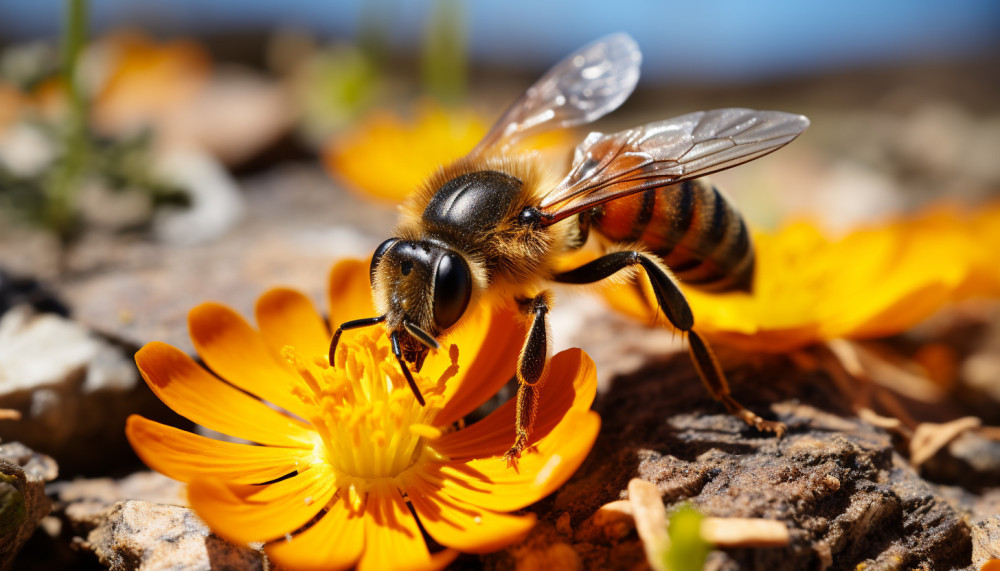Table of contents
Dive into the depths of the aquatic world and discover one of the most fascinating creatures inhabiting our oceans - the octopus. Much more than its eight arms, squishy body, and uncanny camouflage abilities, octopuses are known for their extraordinary cognitive capabilities that set them apart in the animal kingdom. Their alien-like intelligence not only intrigues researchers but also poses countless questions about evolution itself. This article will journey into understanding these curious creatures' intellectual prowess by delving deep into what's inside an octopus's brain. It is essential to note that much remains unknown; however, recent studies have provided us with some intriguing insights.
Complex Brain Structure of Octopuses
The complex brain structure of octopuses sets them apart from other cephalopods and vertebrates. While humans and other vertebrates have a centralized nervous system where the majority of neurons are found in the brain, in octopuses, the scenario is quite different. Remarkably, two-thirds of an octopus's neurons are found in its tentacles, bestowing upon them a significant degree of autonomy.
This decentralisation of the nervous system allows each arm of the octopus to process sensory information independently. This means that each tentacle can react to its environment without waiting for signals from the brain - a form of "tentacle autonomy". This fascinating feature is a testament to the octopus's evolutionary prowess and is one aspect of cephalopod intelligence that leaves most scientists - be they neuroscientists or marine biologists - in awe.
The unique, distributed nature of the octopus's central nervous system also contributes to its ability to perform intricate tasks and escape predators in a blink. This advanced neurological framework enables the octopus to display unparalleled flexibility and adaptability in its environment. Comparatively, other cephalopods like squids and cuttlefish do not possess such a high degree of neuronal decentralization, making the octopus's brain structure stand out even more.
The Extraordinary Learning Capabilities of Octopuses
Through the implementation of intricate experiments conducted in prestigious laboratories across the globe, substantial evidence has surfaced, suggesting the incredibly advanced problem-solving skills of octopuses. These remarkable marine animals, when faced with complex challenges, have demonstrated an advanced learning capability, a trait seldom observed in the marine realm. According to renowned Animal Behaviorist and Cognitive Scientist, this ability is a manifestation of their unique cognitive ethology.
Notably, the octopus's impressive problem-solving prowess extends far beyond what has traditionally been expected of marine animal cognition. The octopus's brain, unlike other marine animals, is equipped to process and learn from novel situations. This results in their astounding ability for quick adaptation to various circumstances, a testament to their exceptional cognitive flexibility.
This attribute has sparked intrigue and fascination among scientists, leading to a broader understanding of the octopus's intelligence and learning capabilities. Consequently, the octopus has become a subject of paramount interest within the scientific community, opening up intriguing avenues for future research in marine animal cognition.
Independent Arm Movement and Sensory Perception
Autonomy in arm movement is a noteworthy feature that sets octopuses apart from many creatures. According to research led by Neurobiologists and Biological Psychologists, each arm of an octopus acts independently, without any explicit instructions from the central brain. This independent arm movement allows each arm to perform tactile exploration, reaching out and interacting with the environment in unique ways.
Each arm is equipped with millions of tiny suckers, acting as individual sensory organs, capable of detecting changes in the environment. This environmental sensory perception extends beyond just touch, allowing the octopus to taste what it touches. Such a superior touch capacity offers an advanced level of interaction with the surrounding environment that is unparalleled in the animal kingdom.
The science of understanding how an organism understands its body's position and movement without visual input is known as proprioception. In octopuses, this concept takes on a new dimension thanks to the unique structure of their nervous system, allowing the independent operation of each arm.
On the same subject

A Deep Dive into Whale Communication Patterns

Feral Cats: Unseen Heroes of Rat Control?

Climate Change's Unexpected Impact on Bee Populations

